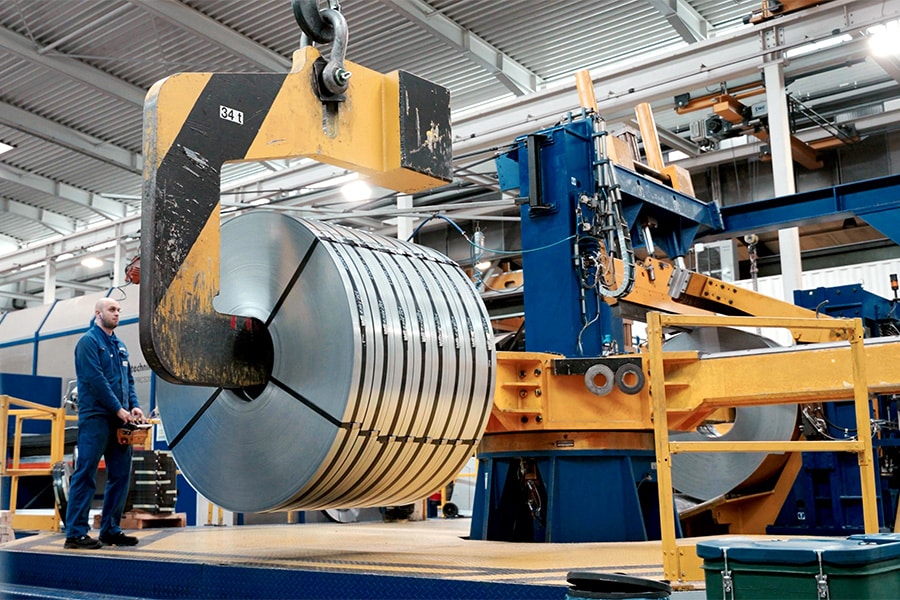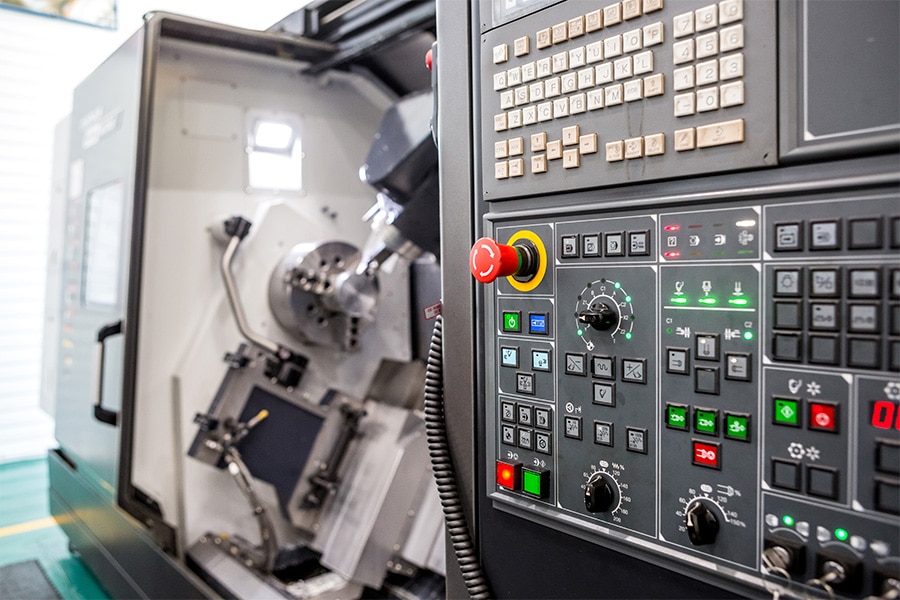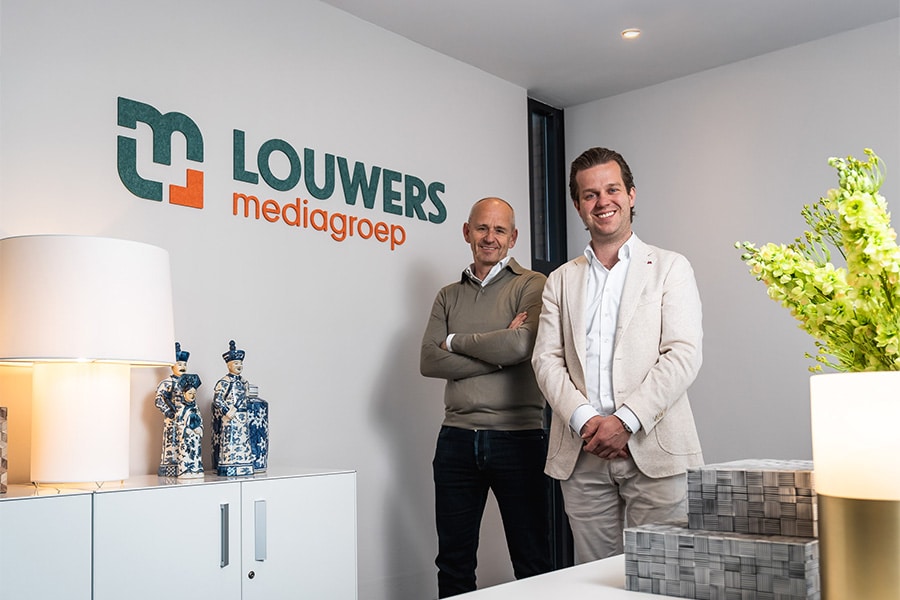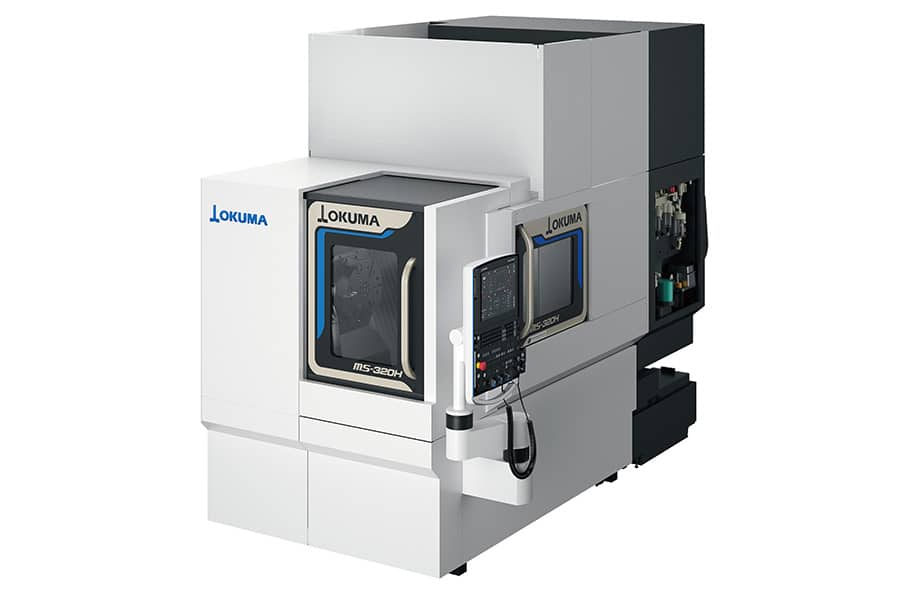
The freedom of supply
Make pieces yourself or buy them from a reliable partner? It's a trade-off that many companies in the manufacturing industry must make - and, for that matter, dare to revisit at regular intervals. After all, the decision will have a significant impact on the efficiency, cost and competitiveness of any metalworker.
The main driver behind outsourcing pieces is, of course, potential cost savings. And we're not just talking about the investment cost of machinery that you don't have to incur. There are also a lot of indirect costs involved in in-house production. Think about the maintenance of the machines, finding and training technically skilled personnel, the energy bill, the risk of technological obsolescence of the machinery... Costs that can obviously be avoided by choosing a specialized supplier. This is also where the economy of scale comes into play; the larger volume also means that more competitive prices are on the table for materials and other raw materials, for example. This in turn translates into a more competitive cost price per piece.
About engineering and technical knowledge
A second element definitely worth mentioning is the technical expertise present among suppliers. The Belgian metal landscape is woven of suppliers with deep roots. Years of experience and expertise in their own field mean that they can respond quickly to changing market conditions and technological developments. Something that turns out to be an extra asset today. After all, technology is evolving rapidly. But also what consumers want. This means that demand can fluctuate enormously. And that products may have to be made slightly differently. Those who choose to subcontract can more easily scale up (or down) and adapt their products to these changing requirements, without being stuck with fixed costs, depreciation of obsolete machinery, or overcapacity when demand drops.
Focus on own core business
Manufacturing companies primarily want to do what they are good at: making and marketing their product. The focus is preferably on their own core competencies that distinguish the machine or (semi-)manufactured product from what is available on the market. And after all, not every component in the machine will fall under that definition. By outsourcing these things and making proper arrangements with the supplier in question, companies can benefit from faster lead times and increased production capacity. Also worth mentioning here: subcontracting helps to spread risks. After all, not all eggs are in the same production basket.
Conclusion
It's all about making strategic choices. Those who want to produce for themselves must be willing to invest in their production equipment. That requires competent machinery and people, keeping up with the latest technological developments. A hefty bite, which is not always the most rewarding choice for every part or piece you need. Moreover, the Belgian market is blessed with a dense fabric of competent suppliers, each of whom can contribute their own piece of know-how to your products and the manufacturability of your products. They do have the space, physically and budget-wise, to keep their finger on the pulse of rapidly changing technology and ensure that your pieces are always made in the most cost-effective manner.



